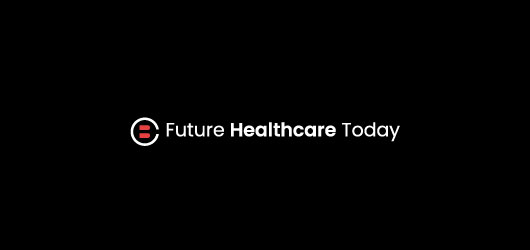Originally published on Future Healthcare Today
Healthcare professionals face numerous challenges as the increasingly dynamic industry evolves through uncertain economic conditions, the aftermath of a worldwide pandemic, and equally innovative and disruptive technological developments. Whether these challenges are financial strains, administrative burdens, outdated technologies, or talent management concerns, one thing is certain: A failure to meet these challenges results in a poor patient experience and poor outcomes.
Ultimately, new developments at the intersection of clinical and technical expertise have allowed healthcare providers and payers to better synthesize complex information into actionable insights that enable higher-quality and more-personalized patient solutions. By leveraging clinical expertise and guidance, this multidisciplinary approach galvanizes healthcare technology solutions that modernize healthcare and benefit all industry stakeholders.
The Intersection of Clinical and Technical Perspectives
Clinical experts include doctors, nurses, specialists, and other healthcare workers with firsthand experience with patients and solid clinical knowledge, who also understand the complex dynamics between payers, providers, and patients. When combined with technical expertise, which provides experience in building streamlined, efficient, and innovative technological solutions, it’s possible to create sustainable solutions that adhere to high clinical and technical standards.
By consolidating vast amounts of complex data and harnessing advanced algorithms, clinical technology platforms empower payers and providers to make better-informed decisions and enhance the quality of care for patients. Technology packed with clinical insight gives providers and payers access to a comprehensive database of evidence-based treatment options resulting in more confident prescription and reimbursement decisions.
Alleviate Inefficiencies and Inspire Collaboration
Clinically-informed technology alleviates administrative burdens, streamlines processes, automates prior authorization tasks, and reduces manual paperwork. Digitizing and automating traditionally time-consuming efforts such as prior authorizations allows providers to dedicate more time and resources to patient care. Further, payers can eliminate manual, error-prone processes while integrating the latest peer-reviewed, evidence-based scientific findings into their automated approval processes, allowing patients to begin treatment quickly.
Payers and providers can quickly share essential administrative and clinical information with the right clinically-informed technology. By offering a secure platform for real-time information exchange, health plans and providers can review and validate treatment plans more efficiently. This approach promotes collaborative decision-making, enhances treatment plan compliance, and ensures the prescribing of appropriate treatment for patients based on the latest evidence-based guidelines and the individual patient’s needs.
This synergy between technology and clinical expertise emphasizes improving the overall patient experience while lowering costs for all stakeholders by reducing silos within the healthcare system. Integrating healthcare technology and clinical knowledge for faster treatment authorization can help patients begin treatment without delay.
Delivering High Quality, Member-Centric Care Requires Continuous Improvement
The healthcare industry’s multifaceted nature requires all stakeholders to approach their role through the lenses of continuous improvement to facilitate member-centric care. The patient’s care outcomes, satisfaction levels, and overall experience depend upon providers and payers enabling high-quality, high-value care in a timely and appropriate manner. Recent technological advancements benefit from clinical guidance and, as a result, help improve administrative and operational processes for payers and providers.
Clinical technology consolidates vast amounts of complex data and harnesses advanced algorithms to streamline processes, automate labor-intensive tasks, and reduce reliance on paperwork. Bringing clinical expertise into modern technological solutions enables healthcare professionals to ease tedious administrative burdens, access the latest evidence-based guidelines, facilitate collaborative decision-making, speed treatment plan validation, and facilitate higher-quality, member-centric care to patients.





